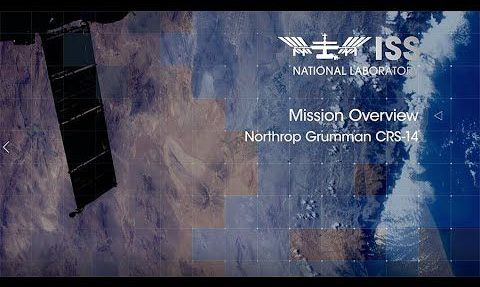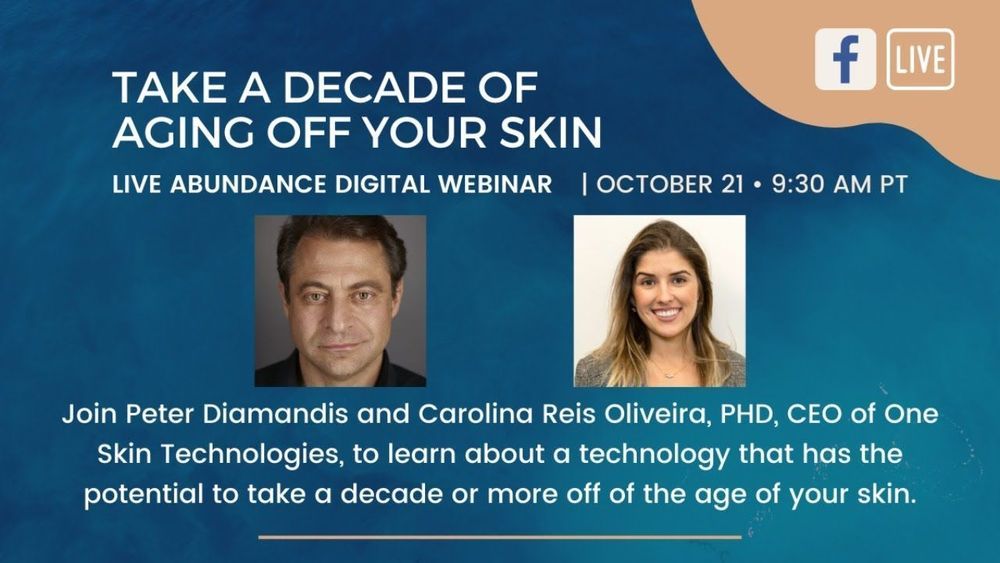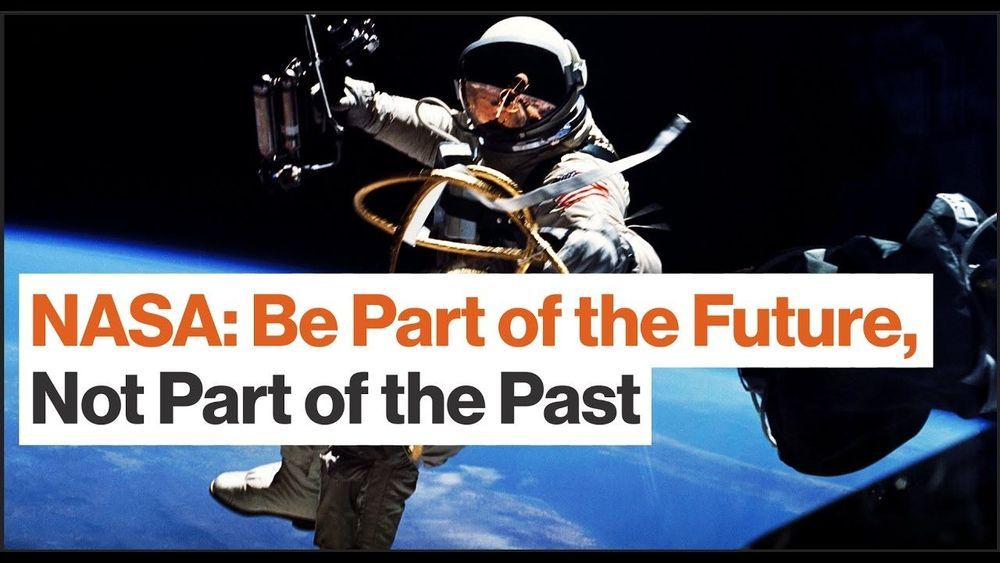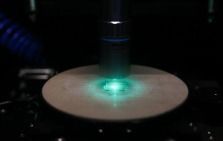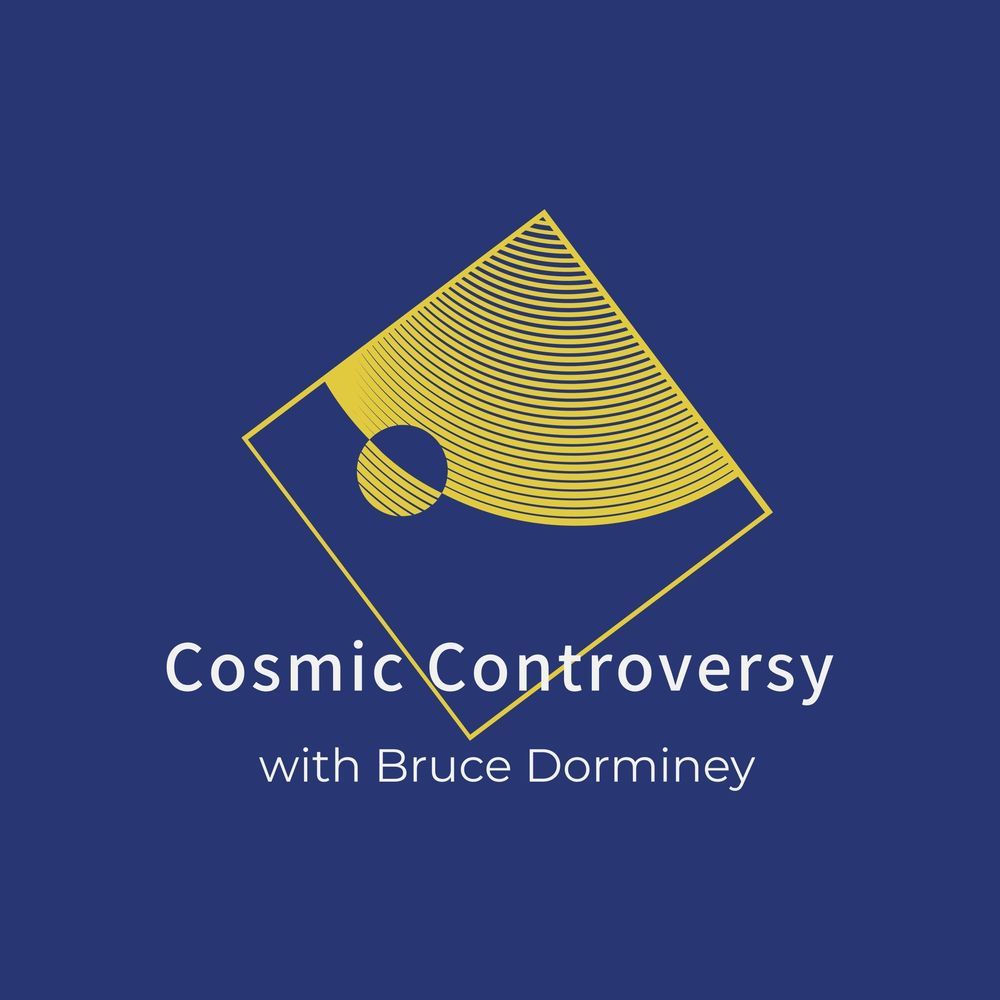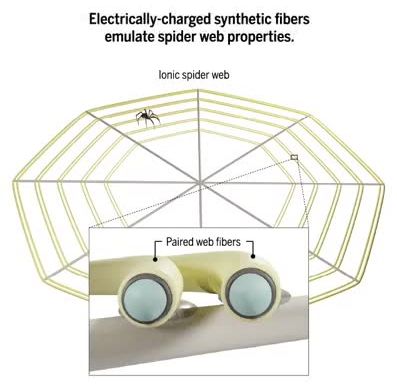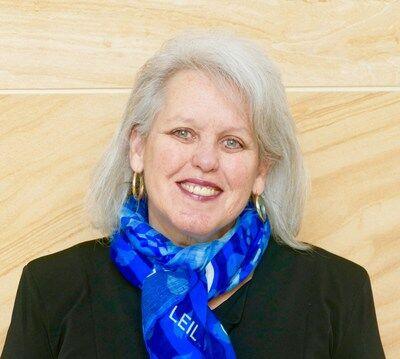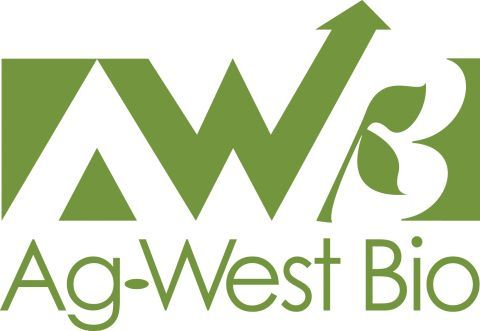KENNEDY SPACE CENTER (FL), October 19, 2020 – The Center for the Advancement of Science in Space (CASIS) and the National Science Foundation (NSF) announced three flight projects that were selected as part of a joint solicitation focused on leveraging the International Space Station (ISS) U.S. National Laboratory to further knowledge in the fields of tissue engineering and mechanobiology. Through this collaboration, CASIS, manager of the ISS National Lab, will facilitate hardware implementation, in-orbit access, and astronaut crew time on the orbiting laboratory. NSF invested $1.2 million in the selected projects, which are seeking to advance fundamental science and engineering knowledge for the benefit of life on Earth.
This is the third collaborative research opportunity between CASIS and NSF focused on tissue engineering. Fundamental science is a major line of business for the ISS National Lab, and by conducting research in the persistent microgravity environment offered by the orbiting laboratory, NSF and the ISS National Lab will drive new advances that will bring value to our nation and spur future inquiries in low Earth orbit.
Microgravity affects organisms—from viruses and bacteria to humans, inducing changes such as altered gene expression and DNA regulation, changes in cellular function and physiology, and 3D aggregation of cells. Spaceflight is advancing research in the fields of pharmaceutical research, disease modeling, regenerative medicine, and many other areas within the life sciences. The selected projects will utilize the ISS National Lab and its unique environment to advance fundamental and transformative research that integrates engineering and life sciences.
